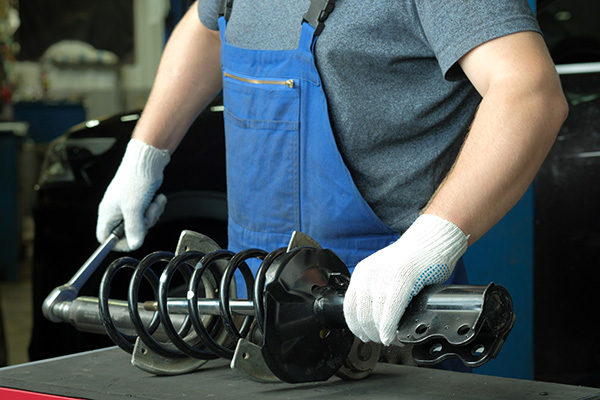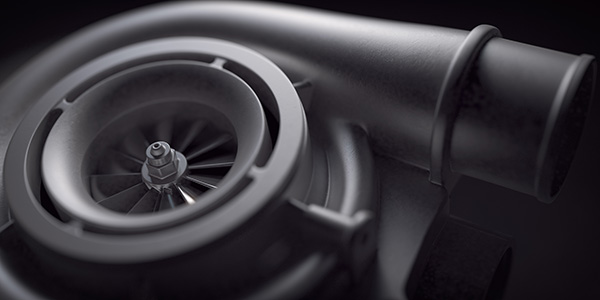Posted on 12/19/2025

Thinking about a European car for 2026 can feel exciting and a little intimidating at the same time. The styling, road feel, and features are hard to beat, but the ownership experience is different from what many drivers are used to. A little planning up front goes a long way toward making that purchase feel smart years from now, not just on day one. Why European Cars Feel Different (and What That Means for You) European brands usually tune their cars for a more connected steering feel, firmer suspensions, and strong high speed stability. That is part of what makes them fun to drive, but it also means more complex suspension designs, tight tolerances, and a heavier focus on electronics. All of that “feel” is the result of parts that need proper maintenance. Skipping alignments, ignoring small suspension noises, or running cheap tires can erase the very character that attracted you to the car. When we road test European models, we pay close attention to h ... read more
Posted on 11/28/2025

A healthy suspension keeps the tires planted, the steering precise, and the brakes consistent. When parts begin to wear, the change is gradual, so many drivers adapt without noticing. Catching issues early prevents tire damage, protects wheel bearings and steering racks, and keeps emergency maneuvers predictable on busy Arlington roads. Why Early Suspension Diagnosis Matters Suspension parts share the load. When a single bushing, joint, or mount loosens up, the extra play shifts stress onto nearby components. That is why a small clunk can turn into feathered tires, shaky braking, or a steering wheel that never sits quite straight. Fixing the root cause early costs less than replacing tires and then returning a month later for the alignment that did not hold. Symptoms You Can Feel On The Road Listen for new noises over driveway lips, speed cushions, or rough patches. A hollow clunk points to play in a ball joint, control arm bushing, or sway bar li ... read more
Posted on 10/31/2025

Open the hood of most modern European cars and you’ll likely find a turbocharger. Whether it's a compact hatchback or a luxury sedan, the trend is clear. European automakers have embraced turbocharging as a way to meet fuel efficiency and emissions goals while still offering strong performance. But how do turbos actually work? And why have they become the standard for so many European vehicles? What a Turbocharger Actually Does A turbocharger uses the engine’s exhaust gases to spin a turbine. That turbine powers a compressor, which forces more air into the engine's cylinders. More air means more oxygen, which allows the engine to burn more fuel and produce more power. It’s a clever way to boost engine output without increasing engine size. Instead of using a larger, heavier engine, a smaller turbocharged engine can deliver similar or even better performance. Turbochargers are especially helpful when the driver asks for more power, like dur ... read more
Posted on 9/26/2025

You hop in the car on a warm Arlington afternoon, crank up the air conditioning, and instead of a cool breeze, you get a damp, musty smell. Not exactly the fresh air you were hoping for. That odor is pretty common in humid climates, but it’s also your car’s way of saying the A/C system might need attention. The smell usually means there’s mold, bacteria, or excess moisture hanging around somewhere in the system. While it can feel like just an annoyance, it’s worth looking into before it gets worse. Why Does It Smell Musty When You Turn On the A/C The air conditioning system removes moisture from the air as part of its cooling process. This moisture condenses on the evaporator coil and drains out through a tube. But over time, dirt, pollen, and dust can build up on the coil, creating a damp, dark environment that’s ideal for mold and mildew. When the system sits unused for a while or doesn’t fully dry out, that buildup starts to g ... read more
Posted on 8/29/2025

Every vehicle needs fresh engine oil at regular intervals. Oil lubricates moving parts, reduces friction, helps manage heat, and carries away small contaminants from inside the engine. Without clean oil, metal surfaces would grind against each other, creating damaging wear in a short time. An oil change removes the old, used fluid and replaces it with new oil that restores protection and performance. But what exactly happens to the oil once it leaves your car? What Happens to Old Engine Oil When oil is drained from your engine, it doesn’t just disappear into waste. Used motor oil is collected carefully and sent to recycling or re-refining facilities. Because oil never really “wears out,” it can often be cleaned, processed, and reused. What degrades during its time in your engine are the additives that help fight corrosion, reduce sludge, and manage temperature. Those can’t be restored inside the car, but they can be replenished in a refining p ... read more